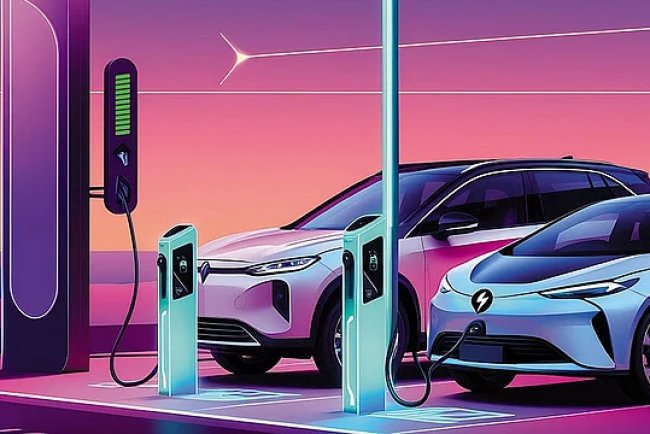HSBC Drops 2030 Net-Zero Target, Revises Emission Reduction Goals

London, UK – HSBC is to forgo its early target of accounting for net-zero carbon emissions by 2030 across its operations following sluggish action in the real economy and revision in carbon credit guidance. In lieu of that, Europe's largest bank is now aiming for a reduction in emissions from operational, business-related travel, and supply chain activities by 40% by 2030, while maintaining its long-term objective of net-zero emissions by 2050.
HSBC's initial net-zero strategy had included offsetting some of supply chain emissions with carbon credits. But latest guidance from the Science Based Targets Initiative (SBTi), which examines firms' climate goals, no longer supports such offsets. The bank reported in its yearly report that it has considered outside influences like technology advancements, market developments, and the efficacy of policies because they are beyond its control.
Effect on HSBC Climate Strategy
The action is a dramatic shift in HSBC climate commitments and follows internal restructuring. The bank's Chief Sustainability Officer recently quit a few months back after CEO Georges Elhedery decided to delist the role from the executive committee. HSBC has now launched an internal review of emissions targets linked with its loan book, which shows a review of its overall climate strategy.
The move has prompted apprehension among green activists and proponents of sustainability, who accuse HSBC of going back on its previous climate commitments with new targets. Banks worldwide are forced to align business activities with global climate goals while the move comes.
Banking Sector's Shifting Climate Pledges
HSBC is by no means the only one in altering climate promises. Morgan Stanley reduced targets for reducing emissions from its commercial lending portfolio in October, and among the largest U.S. banks, some have withdrawn from climate coalitions. The banking industry's reversal of stance on climate targets has fueled doubts about the achievability of achieving net-zero emissions in the suggested horizons, given the reliance on external factors such as policy incentive and technology advances.
Even as it has reduced its targets for 2030, HSBC remains devoted to reducing its carbon footprint. The bank's aim of lowering emissions by 40% will focus on direct operations like the use of energy, travel, and supply chains. But its role in enabling financing of carbon-intensive industries is still under scrutiny, considering financial institutions have a central role in enabling the transition to a low-carbon world.
Long-Term Net-Zero Goal Remains
Although HSBC dropped its short-term net-zero objective, it is still committed to achieving full net-zero emissions by 2050. The bank will probably experience continued pressure from regulators, investors, and environmental activists to detail how it will achieve this without continuing to support industries that play a large role in carbon emissions.
When market environment and climate policies shift, HSBC's new objectives reflect the difficulty for financial institutions in reconciling economic interests with sustainability initiatives. Self-reflection from the bank to redefine its targets based on emissions will be scrutinized as it navigates the complexities of meeting long-term net-zero targets.
Source: Reuters
What's Your Reaction?

















